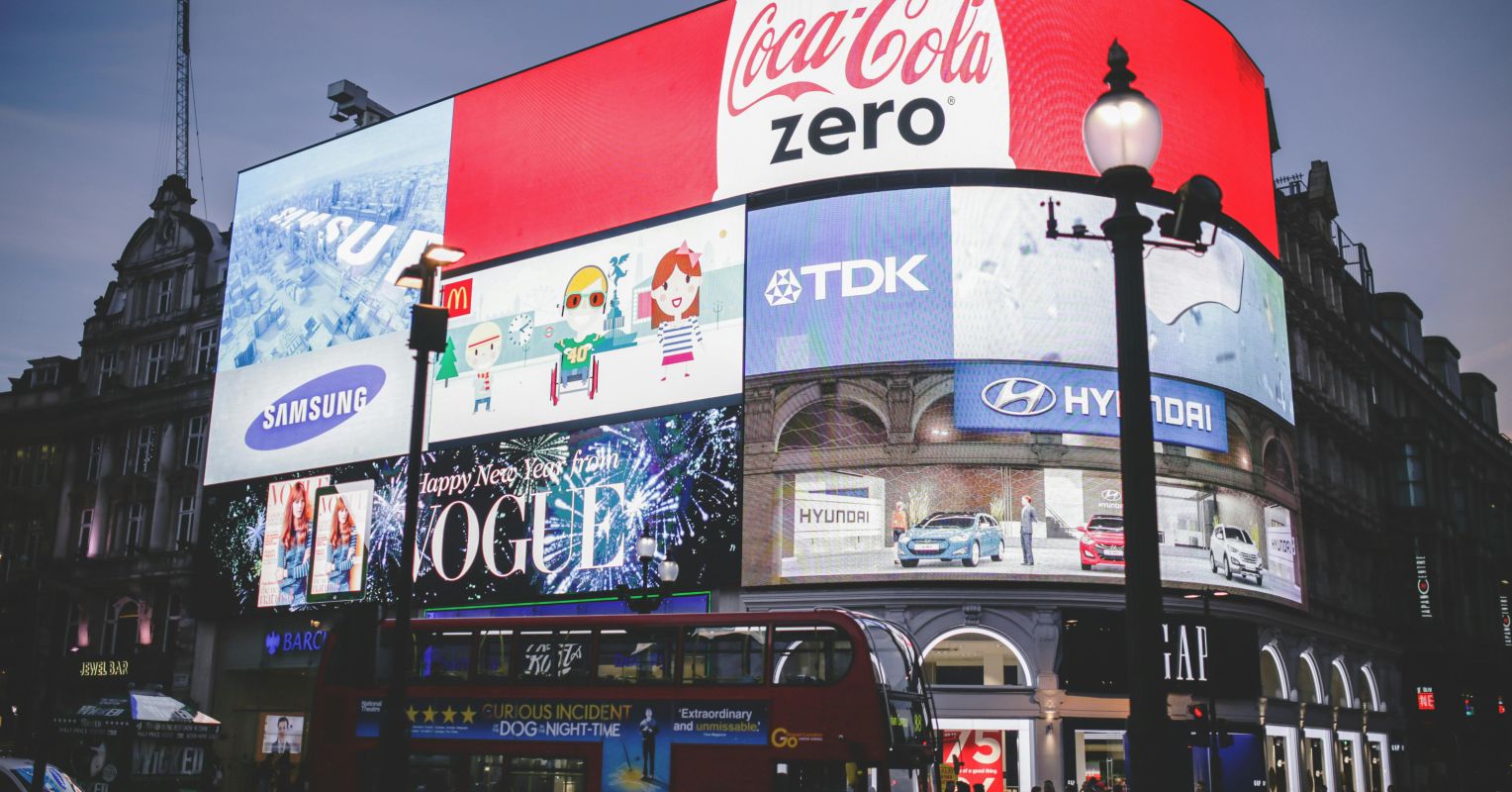In the modern era of digital media, the power of marketing has grown exponentially. While this has enabled companies to reach their target audiences more effectively, it has also opened the door to potentially harmful practices. Among these are marketing manipulation, extremist messaging, and exaggerated marketing that focus on eliciting extreme emotional responses, whether positive (e.g., happiness) or negative (e.g., anger). From a psychological perspective, these tactics can have profound and sometimes detrimental effects on individuals and society as a whole. This is especially true in the where there are very minimal restrictions, if any, on what an advertiser can say. These comments apply much more to major corporations than smaller businesses, to Wall Street, not Main Street.
Marketing Manipulation and Consumer Behavior
Marketing manipulation involves strategies designed to exploit consumers’ psychological vulnerabilities, often without their conscious awareness. This can include tactics such as scarcity (creating a false sense of urgency), bandwagon appeals (suggesting everyone is using a product), and emotional appeals that manipulate consumers’ feelings to drive purchases.
One classic example of emotional manipulation in marketing is the use of happiness to promote products. Advertisements often depict idealized scenarios where the use of a product leads to extreme joy and satisfaction. Psychologically, this can create unrealistic expectations and feelings of inadequacy among consumers who do not experience the same outcomes. Research indicates that exposure to such idealized images can decrease self-esteem and increase anxiety and depression, particularly among younger audiences who are more impressionable (Grabe, Ward, & Hyde, 2008).
The Impact of Extremist Messaging
Extremist marketing messaging, which often involves fear, anger, or outrage, can be even more insidious. Such messages are designed to provoke strong emotional reactions to capture attention and drive engagement. While this can be effective in the short term, it has long-term psychological implications.
Fear-based marketing, for example, capitalizes on consumers’—and voters’—anxieties and insecurities. This type of messaging can be seen in campaigns that emphasize the dangers of not using a particular product or service, such as hygiene products or security systems. While fear can be a powerful motivator, chronic exposure to fear-inducing messages can lead to heightened anxiety and stress levels. Studies have shown that fear-based advertising can be effective initially but may lead to defensive avoidance, where consumers ignore the message altogether to protect their mental well-being (Hastings, Stead, & Webb, 2004).
Anger and outrage are other powerful tools used in extremist marketing. Political campaigns and media outlets frequently use these emotions to galvanize support and increase viewer engagement. However, constant exposure to anger-inducing content can lead to an increased sense of hostility and aggression. Research has found that media-induced anger can contribute to polarization and reduce individuals’ ability to engage in constructive dialogue and compromise (Weeks, 2015).
“Political advertising ought to be stopped. It’s the only really dishonest kind of advertising that’s left. It’s totally dishonest.” – David Ogilvy, advertising guru
I disagree that “it’s the only really dishonest kind of advertising that’s left,” but that surely hits the nail on the head as far as political advertising’s ethics. Let’s not forget that neuromarketing is a multibillion-dollar industry in which advertisers deliberately seek to impact certain brain areas to create the desired reactions.
Exaggerated Marketing and Unrealistic Expectations
Exaggerated marketing, which involves making hyperbolic claims about the benefits of a product or service, is another common tactic. This can create unrealistic expectations and lead to significant disappointment and dissatisfaction when the product fails to deliver as promised. The psychological impact of this can be severe, leading to decreased trust in brands and increased cynicism among consumers.
For instance, weight loss products often promise rapid and significant results, which are rarely achievable. Consumers who do not achieve these results may feel a sense of failure and frustration, exacerbating issues related to body image and self-worth. The American Psychological Association (APA) has highlighted that unrealistic media portrayals can contribute to body dissatisfaction and disordered eating behaviors (Levine & Piran, 2001).
Consumer Behavior Essential Reads
“Advertising is legalized lying.” – H.G. Wells
The Role of Social Media
Social media has amplified the effects of marketing manipulation, extremist messaging, and exaggerated marketing. Algorithms designed to maximize engagement often prioritize content that elicits strong emotional responses, whether positive or negative. This can create echo chambers where users are continuously exposed to content that reinforces their existing beliefs and emotions, making it difficult to escape the cycle of manipulation.
Moreover, social media’s curated nature can lead to constant comparisons with idealized representations of others’ lives. This phenomenon, often referred to as “social media envy,” can lead to feelings of inadequacy, depression, and anxiety. A study by Tandoc, Ferrucci, and Duffy (2015) found a correlation between social media use and envy, which in turn was associated with increased depression.
Mitigating the Impact
Addressing the psychological dangers of these marketing practices requires a multifaceted approach. Media literacy education can empower consumers to recognize and critically evaluate manipulative tactics. Regulatory frameworks can also play a role in curbing the most egregious forms of marketing manipulation and extremist messaging. Companies themselves have a responsibility to engage in ethical marketing practices that prioritize the well-being of their consumers over short-term profits.
In conclusion, while marketing manipulation, extremist messaging, and exaggerated marketing can be effective tools for capturing consumer attention and driving sales, they come with significant psychological risks. These practices can lead to increased anxiety, decreased self-esteem, heightened aggression, and unrealistic expectations among consumers. By understanding and addressing these dangers, we can foster a more ethical and psychologically healthy marketplace.




